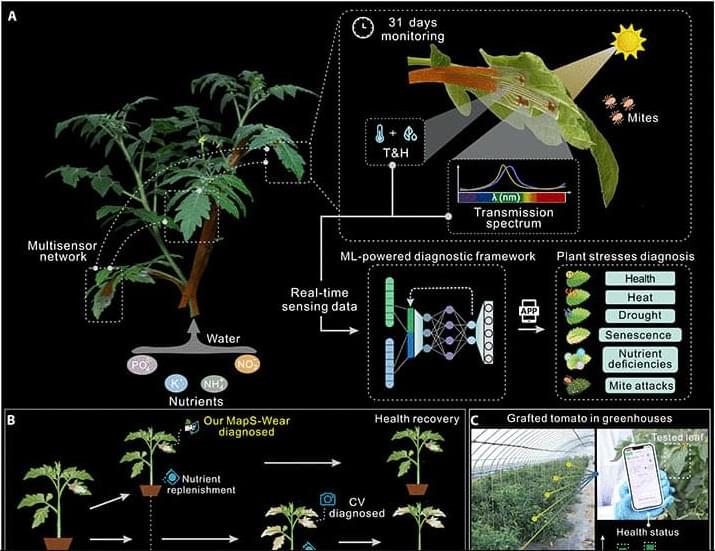Researchers mapped a pulsing mantle plume under Afar that channels molten rock upward, stretching Africa’s crust until it cracks and an ocean basin begins.



Clocks might be far more fundamental to physics than we ever realized.
A new theory suggests what we see around us – from the smallest of quantum actions to the cosmic crawl of entire galaxies – could all be literally a matter of time. Three dimensions of time, in fact.
The basic idea of 3D time isn’t new. But University of Alaska geophysicist Gunther Kletetschka says his mathematical framework is the first to reproduce known properties of the Universe, making it a somewhat serious contender for uniting physics under one consistent model.
Europol dismantled a crypto fraud syndicate laundering $540M from 5,000 victims worldwide.



The Canadian government has ordered Hikvision’s subsidiary in the country to cease all operations following a review that determined them to pose a national security risk.
The order was forwarded to Hikvision last Friday, and the matter was made public over the weekend by Mélanie Joly, Canada’s Minister of Innovation, Science and Industry.
“Following a National Security Review under the Investment Canada Act, the Government of Canada has ordered Hikvision Canada Inc. to cease all operations in Canada and close its Canadian business,” reads the announcement.

Microsoft has confirmed a new known issue causing delivery delays for June 2025 Windows security updates due to an incorrect metadata timestamp.
As Redmond explains in recent advisory updates, this bug affects Windows 10 and Windows 11 systems in environments with quality update deferral policies that enable admins to delay update installation on managed devices.
While update deployment delays are an expected result when using such policies, the wrong timestamp for the June security updates will postpone them beyond the period specified by administrators, potentially exposing unpatched systems to attacks.

The government in Switzerland is informing that sensitive information from various federal offices has been impacted by a ransomware attack at the third-party organization Radix.
The hackers have stolen data from Radix systems and later leaked it on the dark web, the Swiss government says.
The exposed data is being analyzed with the help of the country’s National Cyber Security Centre (NCSC) to determine which government agencies are impacted and to what effect.

Alzheimer’s disease (AD) is a debilitating neurodegenerative condition that affects a significant proportion of older people worldwide. Synapses are points of communication between neural cells that are malleable to change based on our experiences. By adding, removing, strengthening, or weakening synaptic contacts, our brain encodes new events or forgets previous ones.
In AD, synaptic plasticity, the brain’s ability to regulate the strength of synaptic connections between neurons, is significantly disrupted. This worsens over time, reducing cognitive and memory functions and leading to reduced quality of life. To date, there is no effective cure for AD, and only limited treatments for managing the symptoms.
Studies have shown that repetitive transcranial magnetic stimulation (rTMS), a noninvasive brain stimulation technique that uses electromagnetic pulses to target specific brain regions, has therapeutic potential to manage dementia and related diseases. From previous studies, we know that rTMS can promote synaptic plasticity in healthy nervous systems. Moreover, it is already used to treat certain neurodegenerative and neuropsychiatric conditions. However, individual responses to rTMS for AD management are variable, and the underlying mechanisms are not clearly understood.
